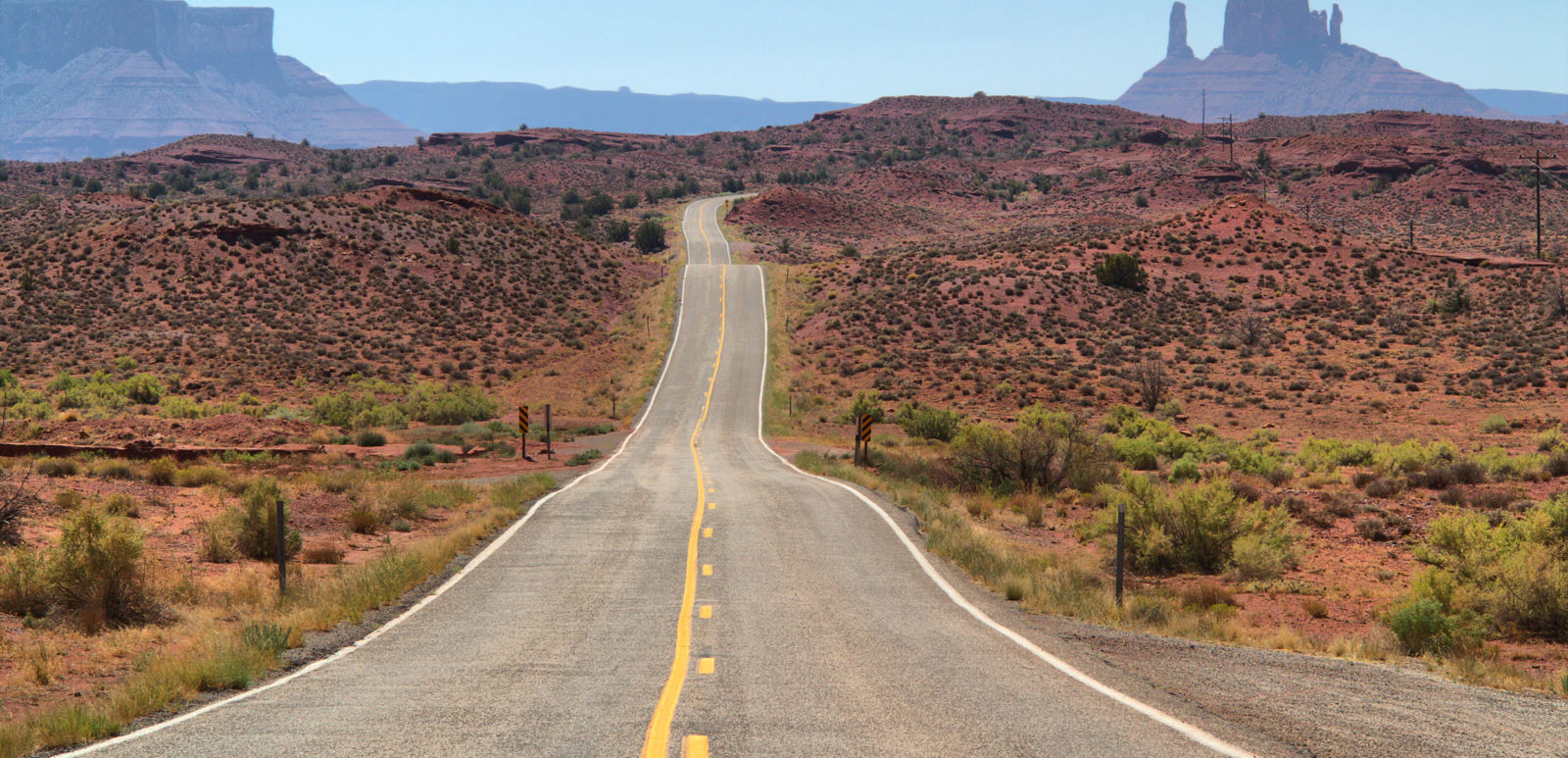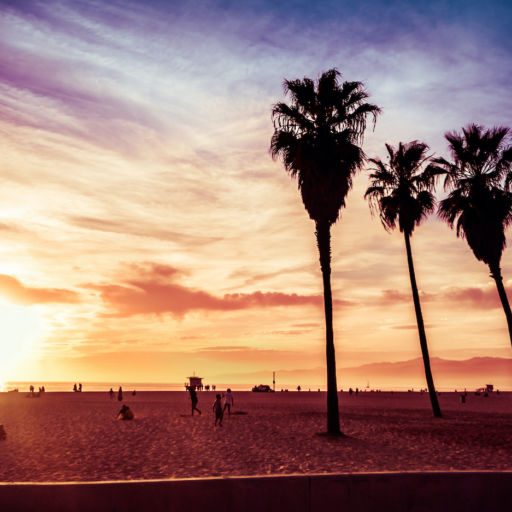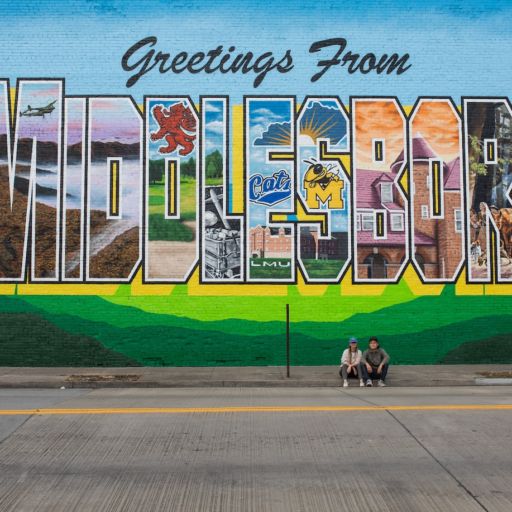In the first quarter of this year, airlines saw seat occupancy plummet to just 6%, due to the coronavirus pandemic. Hotels faced a similar fate. Tourism screeched to a halt. Facebook and Instagram travelers yearned for the trips they enjoyed pre-pandemic, imbibing in wanderlust without a certain return date. For those who travel for work, and those who emphasize nomadism in their personal lives, when is the next time we’ll fight for the final seat on a sold out flight? Or even reach the point of booking one?
Twenty-seven percent of men will remain in quarantine after the government lifts restrictions on travel, according to one of the nation’s top consumer-polling agencies, Civic Science. Forty-one percent of women polled said the same. Just 32% of men and 21% of women said they’d resume their normal activities. There is a massive gap between markets resuming travel and consumers having enough confidence to board an airplane or check in to a hotel. This lingering uncertainty promises to impact travel and tourism beyond the coming days, as state governments lift some lockdown guidelines.
Civic Science’s travel polls prove harrowing for businesses reliant on foot traffic or foreign money. Nineteen percent of a staggering 25,000 polled said they’d travel again in under a month; 38% said in two to five months; 43% said they’d put off traveling for six or more months, positioning the winter holidays as their first opportunity to get out and about. In the meantime, other options will surely rise and take the place of faraway flights and weeks-long vacations.
On whether or not isolation, in some lovely, not-so-apartment-y space will do the trick, Lyon Porter, the founder of the Urban Cowboy brand of hotels, motels and lodges, says “We are already seeing that trend. City hotels are vacant for the most part and escape-nature luxury is starting to catch an uptick as the weather on the East Coast changes. There was already a bit of a migration out of the city and upstate to more space and fresh air, but this has definitely accelerated that trend.”
One of the tourism industry’s biggest players, Travelocity founder and Kayak founding chairman Terry Jones, thinks the only way forward is to embrace the strangeness of the current moment, even if it means adapting on a day-to-day basis. “Many experiments will fail, but in the end lead to success as we discover the ‘new normal,’” he says.
It’s clear that Americans are embracing road travel in a renewed way as part of the path forward. The drive-in movies popping up across the country—because they promise utmost safety and top-notch entertainment—mark the very beginning of this trend. Porter, who also owns Nashville’s Dive Motel, says “The ‘Great American Road Trip’ and motel culture with open-air courtyards will thrive this summer. I see driving travel for pleasure and air travel for business being the trend for at least the next bit, until something drastically changes.”
And there’s nothing more American than piling into a car and embarking upon a road trip. Sara and Rich Combs, the owners of The Joshua Tree House (in Joshua Tree) and Posada by Joshua Tree House (in Tucson), have commuted by car between their two outposts, and lobby on behalf of the experience to anyone considering.
“We’ve always been big fans of road trips—that movement allows for so much creativity and excitement. Plus, you get to see so many gorgeous landscapes through the Southwest that would be missed on a flight,” Sara says. “We believe that the experience of a trip begins before arrival, so we love the idea of our guests cruising through the desert with our playlist on and windows down getting excited and inspired for what’s to come.”
For the motels, hotels, cabins, and campsites dotted across the country, many of these remain hopeful that the coming months offer opportunity to recoup what’s been lost thus far. Yellowstone National Park Superintendent Cam Sholly told politicians, community leaders, and legislators, on a public call in mid May, “We still have some of the best months in front of us. If we do it right, we can still have a very good year economically.” His optimism seemed impenetrable, inferring that the park has no option but to look ahead with positivity. But, for smaller players without the safety net of federal reserves or tax-based bailouts, what lies ahead remains rightfully blanketed by uncertainty.
“There’s no virtual version of hiking, soaking up the sun, or watching wildlife that will ever satisfy quite as much as the real thing,” Sara ends.




